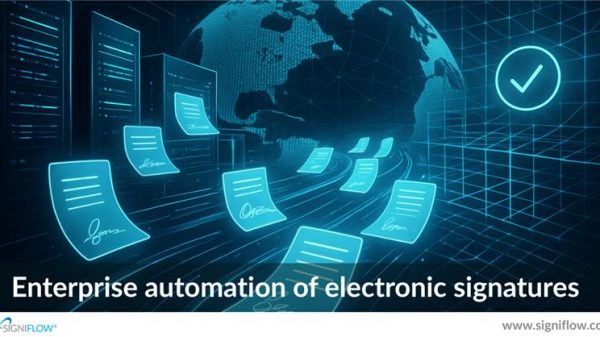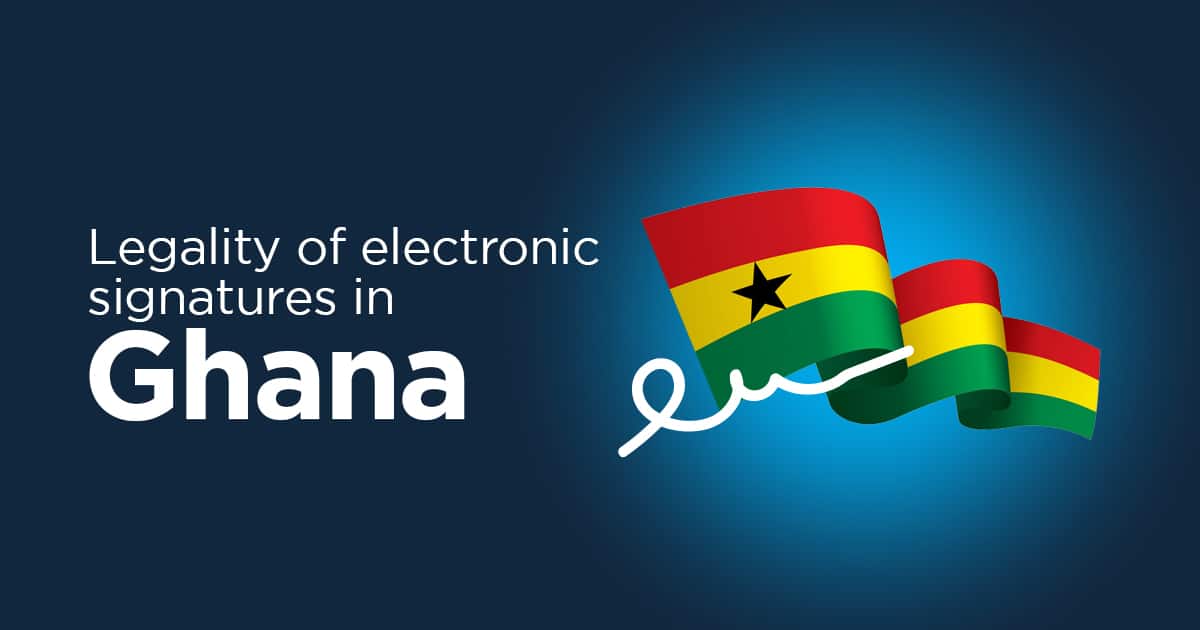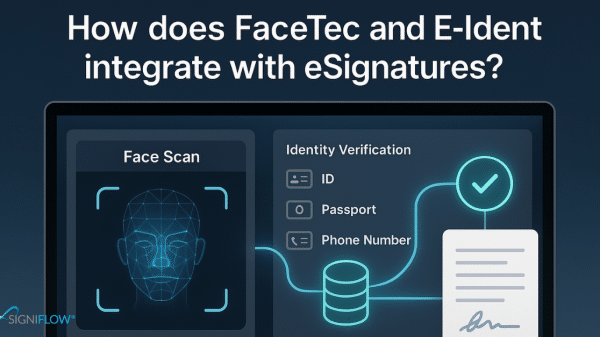The legality of electronic signatures in Ghana has become increasingly important in recent years as the country embraces digital transformation. As businesses and individuals look for more efficient and secure ways to conduct transactions, understanding the legality of electronic signatures in Ghana is crucial. Ghanaian law, specifically the Electronic Transactions Act, 2008 (Act 772), provides a robust framework that supports the legality of electronic signatures in Ghana.
This legislation ensures that electronic signatures are recognised as legally binding and enforceable. This gives confidence to all parties involved in digital agreements. Therefore, the growing acceptance and legality of electronic signatures in Ghana pave the way for more streamlined business processes and secure digital communications.
Understanding Electronic Signatures
An electronic signature, often abbreviated as e-signature or eSign, is a digital form of signing documents. It serves the same purpose as a handwritten signature. It can be as simple as typing your name into a digital form or as complex as using cryptographic technology. This will ensure security and authenticity. eSignatures can be used for various purposes, including contracts, agreements, and official documents.
Legal Framework in Ghana
Ghana recognises the importance of electronic transactions and has established a legal framework to address the use of electronic signatures. The primary legislation governing electronic signatures in Ghana is the Electronic Transactions Act, 2008 (Act 772). This Act provides the legal foundation for electronic transactions and electronic signatures in Ghana.
Key Provisions of the Electronic Transactions Act
- Legal Recognition: The Electronic Transactions Act, 2008, stipulates that electronic signatures have the same legal effect as traditional handwritten signatures. This means that contracts and documents signed electronically are legally binding, provided they meet certain criteria outlined in the Act.
- Validity and Authentication: For an electronic signature to be valid, it must meet specific requirements for authenticity and integrity. The Act requires that the electronic signature must be uniquely linked to the signatory, and the signatory must have control over the signature creation data.
- Non-Repudiation: The Act ensures that once a document is signed electronically, the signatory cannot deny having signed the document. This provision helps in maintaining the reliability of electronic signatures and transactions.
- Electronic Records: The Act also addresses the legal status of electronic records and provides guidelines on how they should be stored, accessed, and retrieved. Electronic records must be maintained in a way that ensures their integrity and accuracy.
Practical Implications for Businesses and Individuals
For businesses and individuals in Ghana, understanding the legal status of electronic signatures is crucial for ensuring that their digital transactions are legally enforceable. Here are a few practical implications:
- Contracts and Agreements: Businesses can confidently use electronic signatures for contracts and agreements, knowing that they hold the same legal weight as traditional signatures. This can streamline processes and reduce turnaround times.
- Compliance: Organisations must ensure that their electronic signature processes comply with the requirements set forth in the Electronic Transactions Act. This includes implementing secure methods for signature creation and verification.
- Record-Keeping: Maintaining electronic records in compliance with the Act is essential. Businesses should have robust systems in place for storing and managing electronic documents to ensure their long-term integrity and accessibility.
The legality of electronic signatures in Ghana is well-established under the Electronic Transactions Act, 2008. With the legal framework in place, individuals and businesses can confidently adopt electronic signatures for their transactions, knowing they are on solid legal ground. As technology continues to evolve, staying informed about legal requirements and best practices will be key to leveraging the benefits of electronic signatures effectively.
For more information on how electronic signatures can benefit your business, or if you have specific questions about compliance, feel free to reach out to experts in digital transactions and legal compliance.































